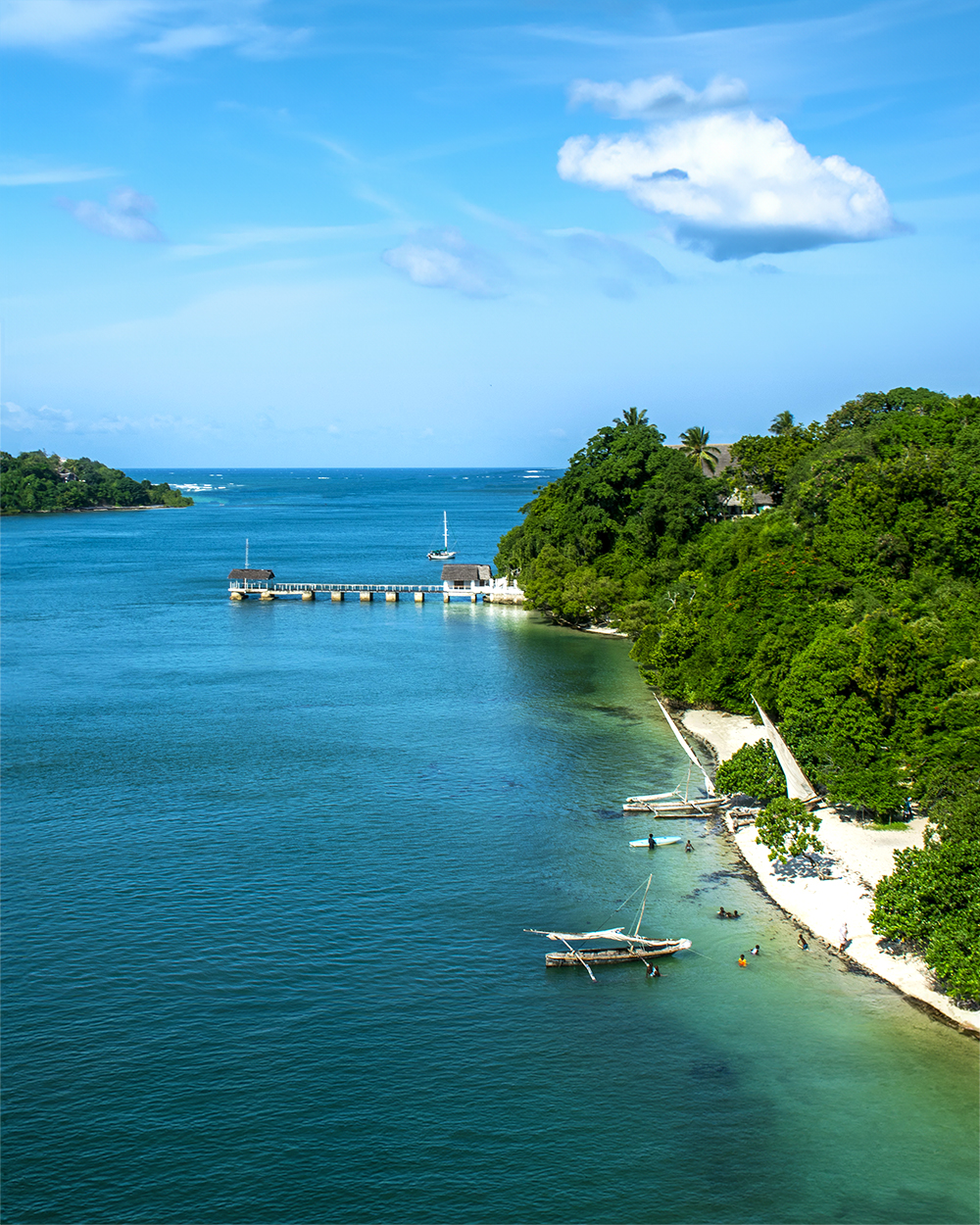
Secluded Coastal Serenity – Discover Kilifi’s pristine white sands and captivating turquoise waters along Kenya’s tranquil coastline. This hidden gem blends laid-back beach vibes with rich cultural festivals and historic ruins, offering a perfect escape for both relaxation and adventure.
Start PlanningAveraging between 22°C (72°F) and 32°C (90°F)
140,000
The Kenyan Shilling (KES) is the local currency, but US dollars are widely accepted in tourist areas.
By Air: The closest major airport is Malindi Airport, located about 50 km north of Kilifi.
Peak Season: The best time to visit Kilifi is during the dry months from December to March and July to September when the weather is sunny and dry.
Off-Peak Season: The rainy seasons in April to June and October to November bring heavy showers, although this also means fewer tourists and sometimes more lush scenery.
Kilifi Creek: A beautiful estuary offering opportunities for sailing, fishing, and watersports.
Bofa Beach: Known for its pristine white sands and tranquil setting, perfect for relaxation and sunbathing.
Mnarani Ruins: Historic ruins dating back to the 14th century, providing a glimpse into the area's Swahili past.
Vuma Cliffs: Offering spectacular ocean views, these cliffs are a great spot for sunset views and encountering local wildlife.
Kenya has introduced an Electronic Travel Authorization (ETA) requirement for foreign travelers, which replaced traditional visa requirements starting January 2024. Travelers must apply for the ETA online prior to their arrival in Kenya.
A Yellow Fever vaccination is required if traveling from a country with a risk of Yellow Fever.
Most resorts offer wireless internet connections, as do airports. For maximum connectivity throughout your trip, consider purchasing a local SIM card at the international airport upon arrival.
Safaricom offers the best coverage in Kenya, especially in national parks and rural areas.
Sun protection and hydration are key. Being located on the equator means the sun is significantly harsher than in places like Europe.
Take extra care on safari and beach excursions.
Kilifi provides a variety of activities and unique experiences, such as:
Dhow Sailing: Enjoy a traditional dhow cruise along the Kilifi Creek.
Water Sports: Engage in activities like snorkeling, scuba diving, and kitesurfing.
Deep-Sea Fishing: Embark on a deep-sea fishing adventure to catch marlin, sailfish, and other big game fish.
Cultural Tours: Visit local villages, markets, and historical sites to immerse yourself in the Swahili culture.
It's important to carry enough cash, as many lodges and camps do not have facilities for tipping with credit cards and might not have enough cash for change.
A common practice is to tip $10-$15 per guest, per day. This usually goes into a communal tip box and is shared among all the lodge or camp staff, including those working behind the scenes.
For individuals who guide you through your safari (guides and trackers), a typical tip is about $10-$20 per person, per day.
At restaurants, tipping about 10% of the bill is customary.
Always ensure that your tips are given as a token of appreciation for good service, rather than out of obligation.
Drones are prohibited unless you have obtained a specific permit. Customs conducts scans of all bags upon arrival and will confiscate any drones, holding them until your departure day.